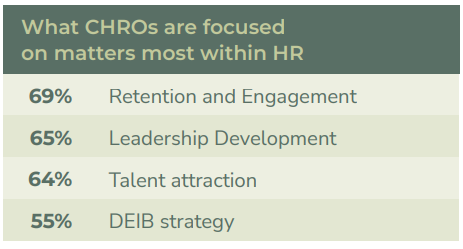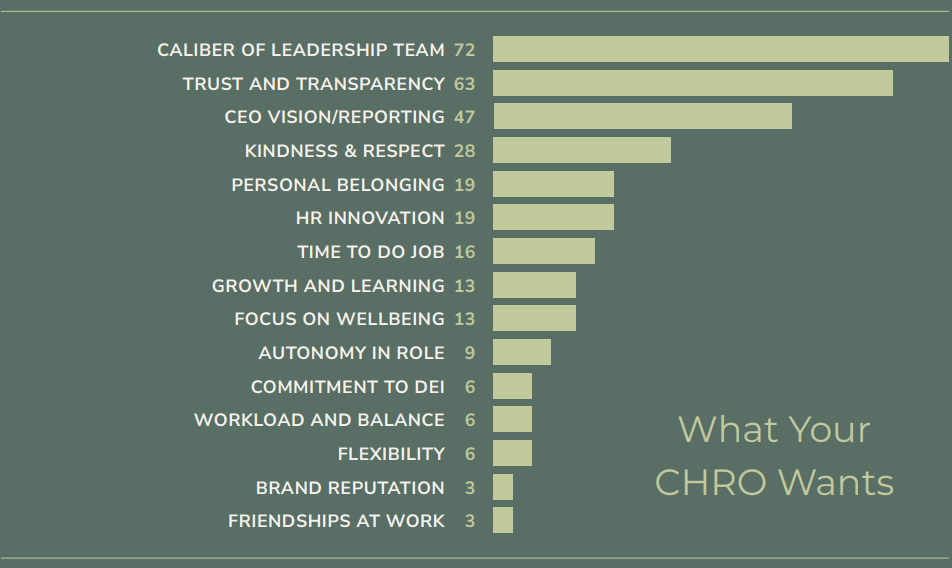Nearly six in 10 say burnout is a top concern: survey

Is Canada facing an “exodus” of leaders in the human resources department?
Overall, 57 per cent of CHROs and 75 per cent of people leaders say they are considering leaving their roles within the next eight to 12 months, reports the Blu Ivy Group.
For CHROs, that’s broken down to 43 per cent who are actively looking and 14 per cent who are considering a move.
Also of concern: Nearly six in 10 (58 per cent) of CHROs identify burnout, exhaustion, and mental health as their biggest challenge, found the report based on more than 500 surveys and 50 interviews with CHROs and people leaders in Canada and the U.S.
Other top concerns for CHROs are:
- Attraction and retention (33 per cent)
- Economy and inflation impacts (33 per cent)
- Lack of resources to do ole (30 per cent)
- Lack of leadership direction/support (27 per cent)
For people leaders, the top concerns are:
- Quality of talent on team (25 per cent)
- Not enough people on team (20 per cent)
- Lack of leadership support (19 per cent)
- Stress of ongoing restructuring (18 per cent)
- Work-life balance (16 per cent)
Many HR leaders feel increased pressure and scrutiny to show value for their work, according to a previous survey.
Putting out fires
Also of note, 43 per cent of CHROs say they spend less than 10 per cent of their time on strategy due to operational emergencies and immediate issue management.
And 27 per cent of CHROs spend 70 per cent to 90 per cent of their work week dealing with crises or putting out fires, finds Blu Ivy.
“The relentless demands of crisis management, restructuring, and increased responsibilities that encompass DEIB, workplace wellness, AI advancements, and navigating the management impacts of the largest multigenerational workforce in our lifetime, has led to significant burnout within the CHRO function in North America. This multifaceted role now demands more strategic oversight and operational execution than ever before, stretching CHROs thin as they strive to balance these diverse and complex challenges while maintaining a healthy organizational culture.”
The human resources business has become far more complex over the past few years, according to an expert.

Source: Blu Ivy Group
Employers can do the following to ease the burden on HR, according to the report:
- Shift some of the operational and crisis management duties away from CHROs to allow them more time for strategic planning.
- Leverage advanced tools and AI to automate routine tasks and reduce the burden on HR leaders.
- Provide training and support to managers to handle more complex issues independently to reduce their reliance on HR for immediate problem-solving.
- Encourage a culture that values balance to ensure that HR leaders are not overwhelmed by the constant demand for accessibility and responsiveness.

Source: Blu Ivy Group




